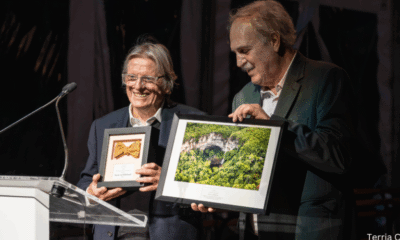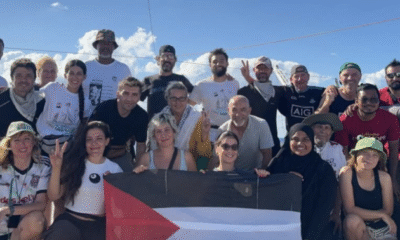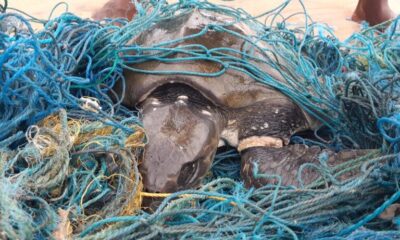Environment
As Sri Lanka struggles with ghost nets, volunteer youth lead seabed cleanup
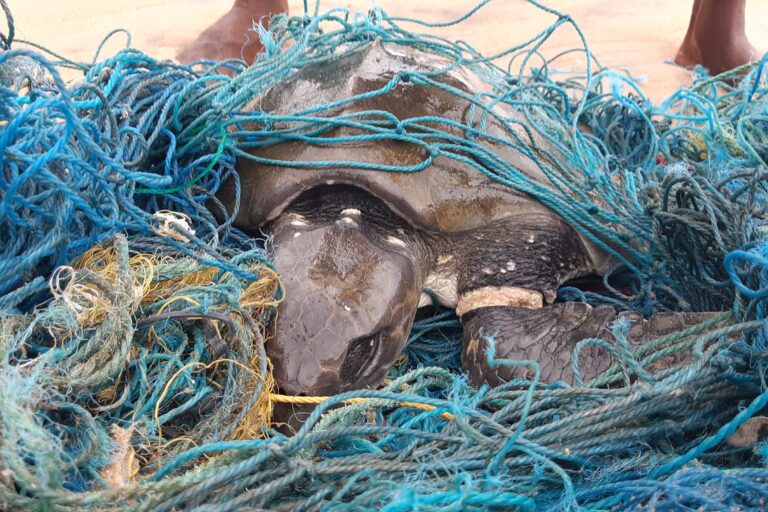
This post was originally published on this site.
Environment
Ethnologist Martín von Hildebrand awarded Lovejoy Prize for Amazon conservation
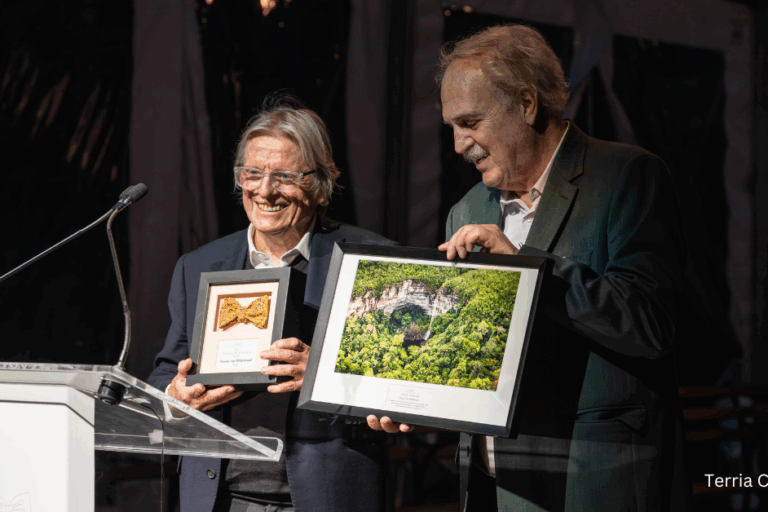
This post was originally published on this site.
Environment
As Sri Lanka struggles with ghost nets, volunteer youth lead seabed cleanup
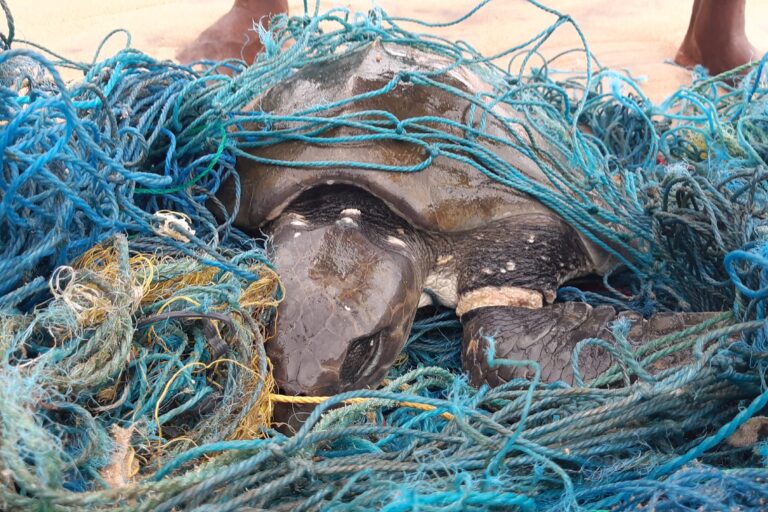
This post was originally published on this site.
Environment
Indigenous groups criticize Ecuador’s $47 billion oil expansion plan in Amazon
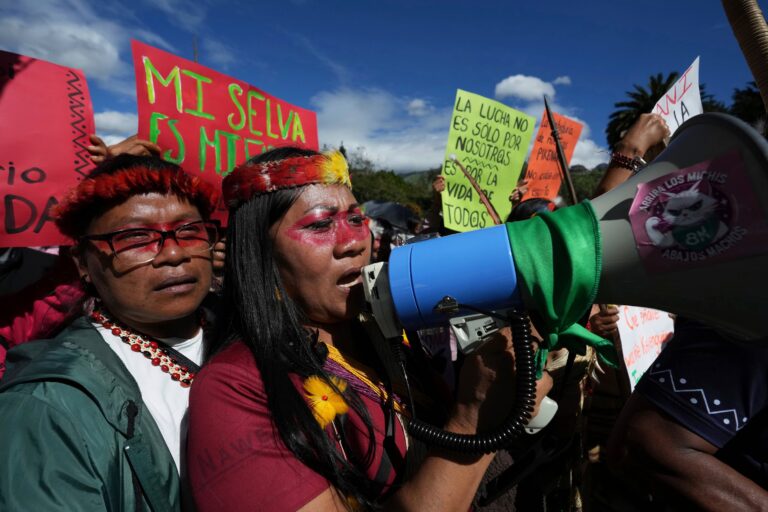
This post was originally published on this site.
-
Culture2 days ago
Taylor Swift’s new cinema outing generates more than €12million in just 24 hours
-
Politics2 days ago
European Parliament snubs Orbán with vote to shield Italian MEP from Hungarian arrest
-
Culture2 weeks ago
Life, loss, fame & family – the IFI Documentary Festival in focus
-
Health3 days ago
EU renews support for WHO’s Universal Health Coverage Partnership
-
Culture2 months ago
Fatal, flashy and indecent – the movies of Adrian Lyne revisited
-
Culture3 days ago
Twilight at 20: the many afterlives of Stephenie Meyer’s vampires
-
Environment6 days ago
Key oceans treaty crosses threshold to come into force
-
Culture1 week ago
Farewell, Sundance – how Robert Redford changed cinema forever


